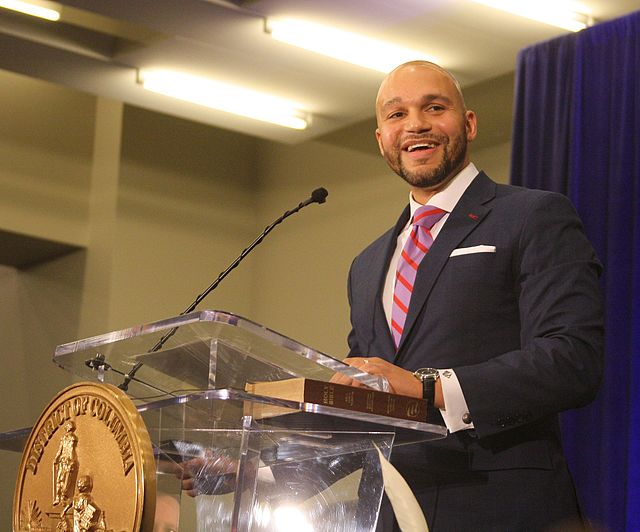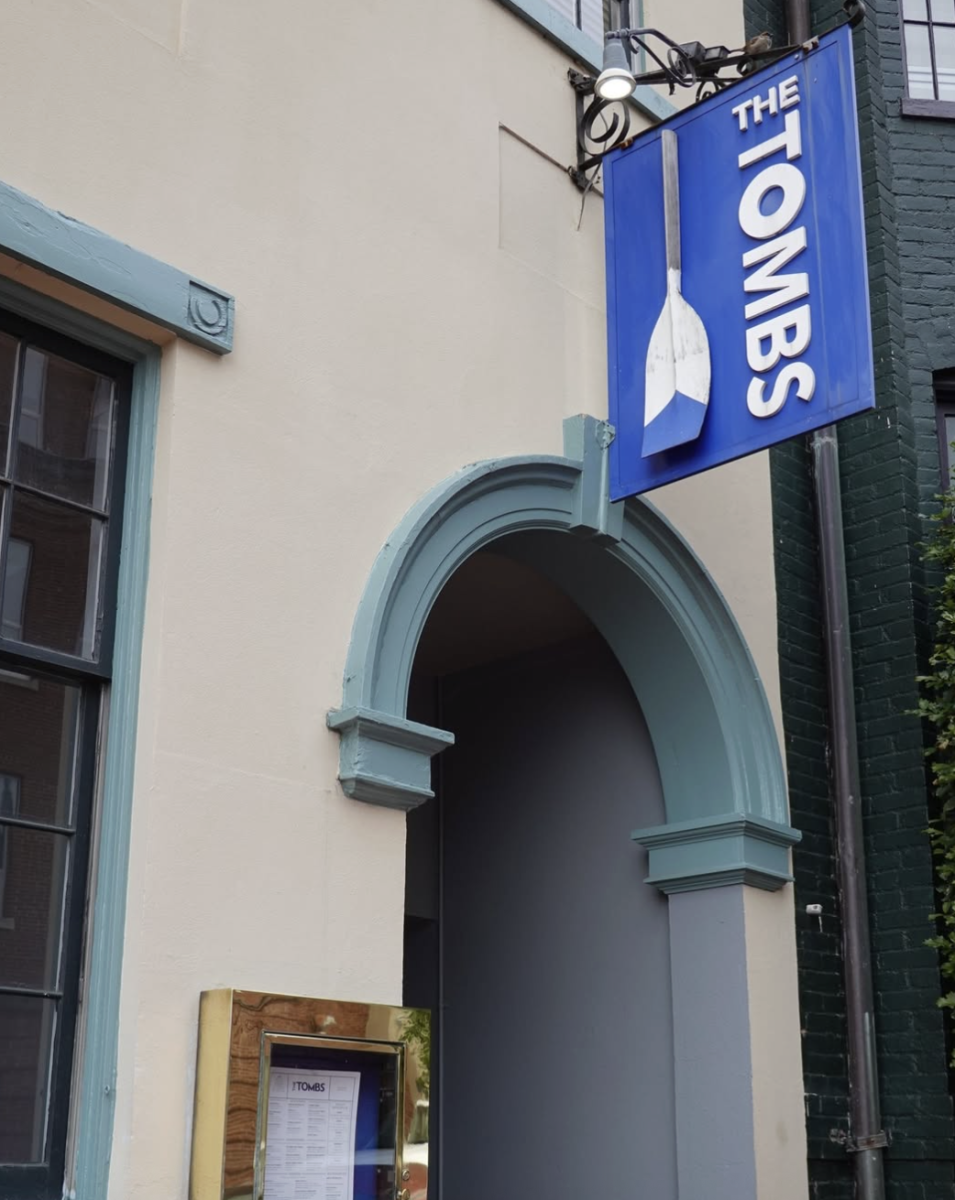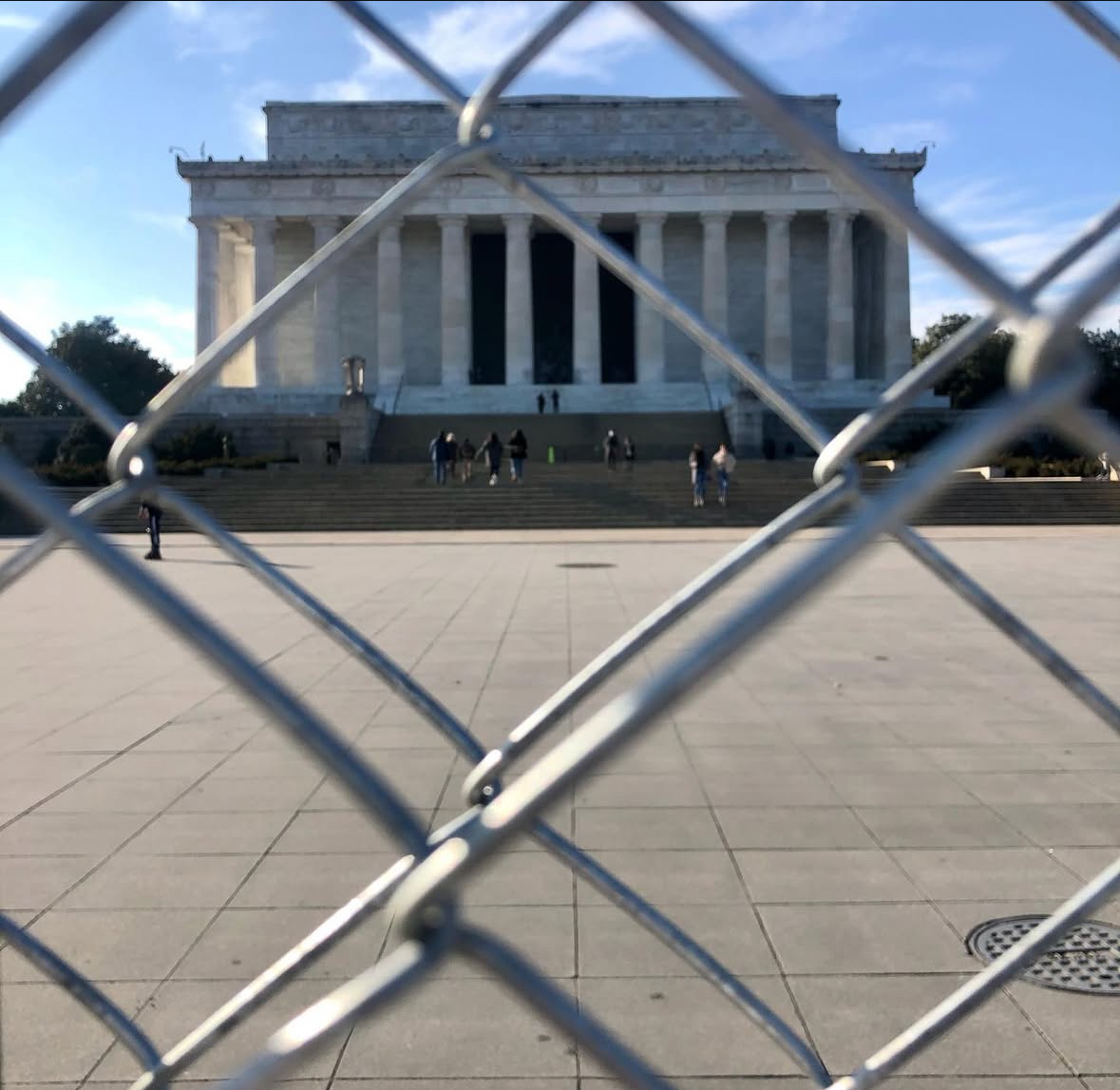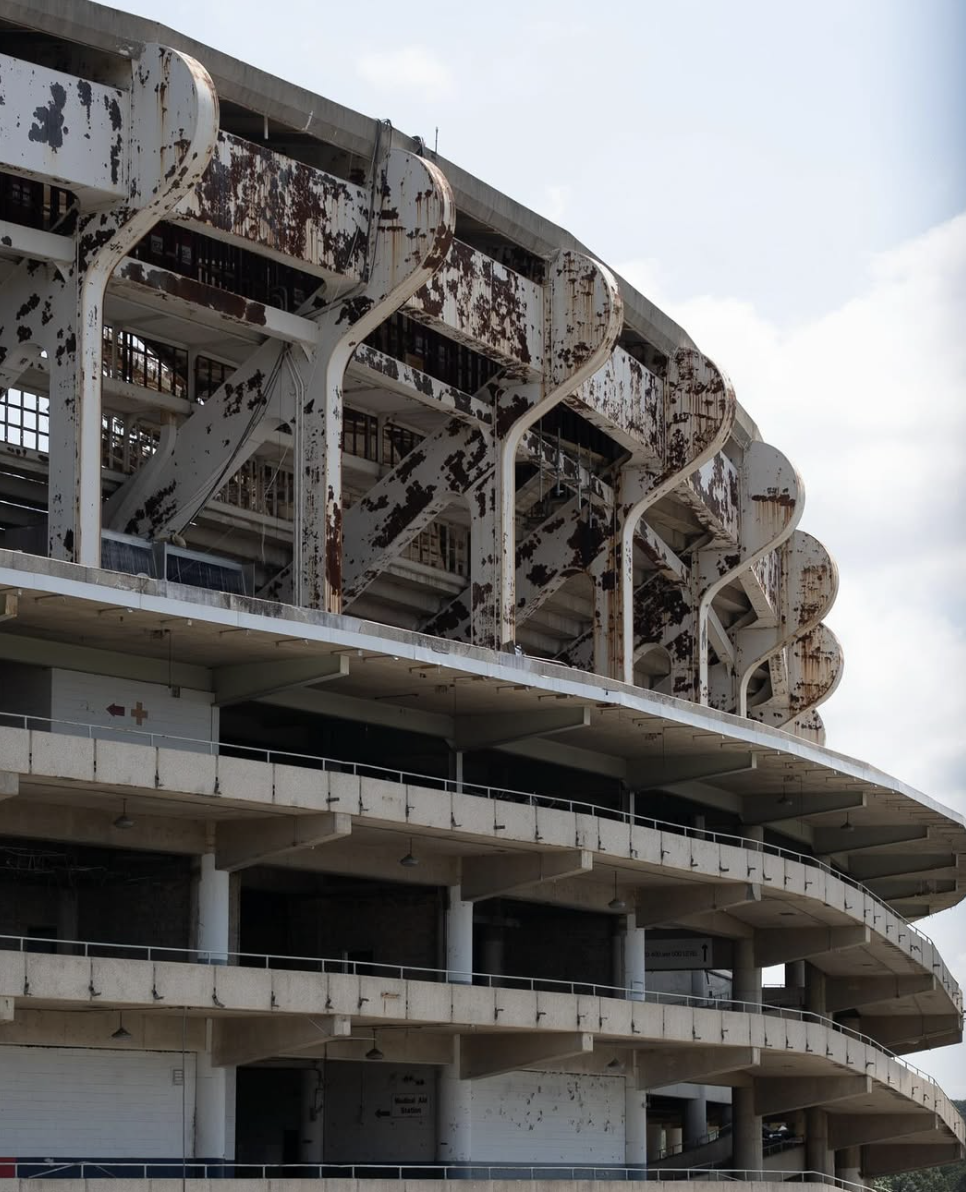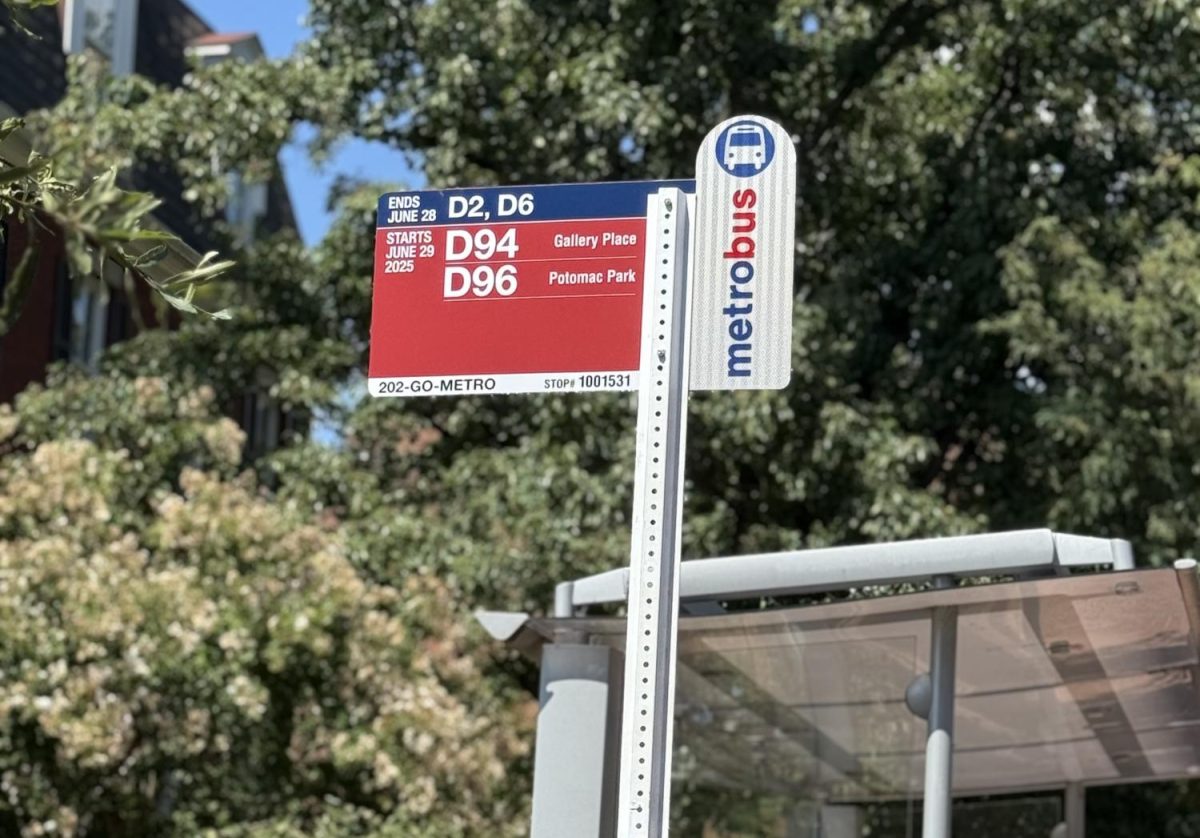Washington, D.C. Ward 2 Councilmember Brooke Pinto (LAW ’17) introduced legislation Sept. 16 that aims to bring transparency and accountability to the city’s Office of Unified Communications (OUC), which handles and records 911 calls and dispatches.
The bill, officially known as the Transparency in Emergency Response Act of 2024, would require the agency to release audio recordings and documents from calls with suspected dispatch errors, a category which includes calls that were not answered in an appropriate time, technology failures and a delayed response by emergency personnel.
Pinto, who counts Georgetown University students among her constituents, said past mistakes by the OUC are a major concern for D.C. residents, herself included.
“The standard for our emergency response must be 100% accuracy,” Pinto said in a press release. “The Transparency in Emergency Response bill and oversight interventions I will be focused on this fall target improved performance, transparency and public trust in our 911 operations to provide residents the emergency response they deserve.”
According to former WUSA and WTOP reporter Dave Statter, who now runs the news site STATter911 which reports on the District’s fire and emergency medical services (EMS), at least 14 deaths have occurred in the District since 2019 in incidents in which 911 dispatchers made mistakes.
In one incident from April 2023, in which three people died after their car plunged into the Anacostia River off the Frederick Douglass Memorial Bridge, 911 operators sent first responders to the wrong bridge.
More recently, on Aug. 2 of this year, a computer outage at D.C.’s 911 call center — the fifth since May — played a part in a 15-minute delay in 911 dispatching critical care to a five-month-old child suffering cardiac arrest, who later died.
Statter said the UOC and the mayor’s office have been unjustly withholding information related to these cases and others.
“It’s unfair to the public who they serve and particularly unfair to the families of those who lost someone when there was a 911 mistake,” Statter told The Hoya. “I know a lot of those people who have lost someone in that situation, and most of them have never gotten the truth.”
This bill represents the third piece of D.C. council legislation since 2023 written in an attempt to bring transparency and accountability to the city’s 911 system. The first two passed and became law with varied degrees of success.
The proposed legislation would force D.C.’s Homeland Security and Emergency Management Agency to publicly release a report within 45 days of a possible emergency response error. The bill would also require the city to release associated transcripts, documents and 911 call recordings.
Despite the push for transparency and accountability, Statter remains worried that Pinto’s legislation is misguided.
“My concern about the way the bill is written currently is that it just allows the status quo to continue,” Statter said. “I would say, from my experience and I can even prove it in some ways, that 95% of the time, within hours, the director of OUC knows what went wrong, knows what the mistakes were, but they’ve always waited to tell us.”
“This idea of giving them 45 days to tell them what they know within hours is ridiculous,” Statter added.
D.C.’s 911 call centers are also severely understaffed: according to OUC data, 58 out of 66 shifts in July did not meet target staffing numbers.
Joe Massaua (SFS ’25), a commissioner on the Advisory Neighborhood Committee 2E (ANC), a local government body that represents the Georgetown, Burleith and Hilldale communities, said the bill is a first step in repairing D.C.’s emergency response and crime infrastructure.
“As a D.C. resident, yes, I am 100% in support of this, and it should have been done sooner,” Massuau told The Hoya. “There are systemic issues beyond just this 911 call center that have impacted daily lives for District residents for a while now, so I’m glad that Brooke is taking the mantle of doing that.”
Statter said he remains optimistic that Pinto’s bill can help alleviate some of D.C. 911’s issues.
“The biggest thing is I just want more transparency and accountability because if you don’t know what’s really going on surrounding mistakes and errors and the everyday data, you can’t fix the problems,” Statter said.
Correction: This article has been edited to clarify that STATter911 is not affiliated with the District of Columbia Fire and EMS Department.


